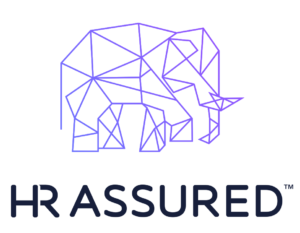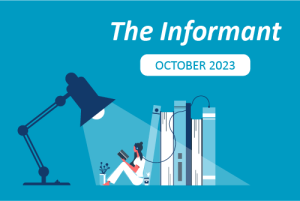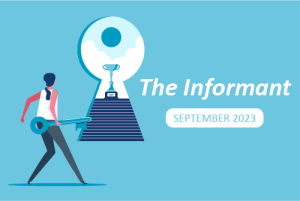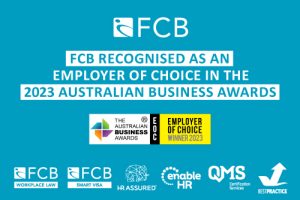2017 Wage Decision: Minimum Wages Increased By 3.3%
June 6, 2017On the back of the Fair Work Commission’s historic decision to cut penalty rates in the retail and hospitality sector, the Fair Work Commission’s Minimum Wage Panel today increased all Modern Award minimum wage rates and the Federal Minimum Wage by 3.3%, saying they hoped the modest increase would continue to promote greater social inclusion, assist low paid employees and encourage collective bargaining.
From the first pay period commencing on or after 1 July 2017, the National Minimum Wage will increase to $694.90 per week, or $18.29 per hour.
The ACTU had pushed for a $45 increase per week, proposing to raise the minimum wage to $717.70 per week, or $18.89 per hour. Employer groups such as the Australian Industry Group and the Australian Retailers Association proposed a modest increase of 1.5% a week and 1.2% a week respectively. Those groups claimed that a ‘modest’ increase was warranted because employment growth around the country was ‘exceedingly weak’.
The FWC’s Panel indicated the increase was a result of key changes in the economic environment namely, the growing economy and subdued inflation. The Panel indicated that the modest increase will not result in disemployment, will not lead to inflationary pressure and will mean an improvement of wages of employees who rely on the national minimum wage and modern award minimum wages.
How will this affect you?
Modern Awards
Any business that applies Modern Award rates will need to increase those rates to comply with today’s decision.
Annualised Salaries and Individual Flexibility Agreements
If you have implemented Individual Flexibility Agreements, you will need to reassess those agreements to ensure employees remain “better off overall” when compared to the newly increased Modern Award rates. Employers who use annualised salary arrangements under Modern Awards should also check the Award requirements.
Enterprise Agreements
If you have an Enterprise Agreement, you will need to ensure the minimum base rates in the EA remain at least equal to the new Modern Award rates. If not, EA rates will need to be increased to match the Modern Award. The new Modern Award rates will also form the baseline for “better off overall” testing new EAs.
Allowances
Today’s decision will impact allowances as well as base rates. A number of Modern Award allowances are expressed as a percentage of the “standard rate”, which is linked to the wage rate of a specific classification in the award. These allowances will therefore increase in line with the increase in the standard rate. Expense related allowances will increase in line with the relevant CPI index.
High Income Guarantee
Although not directly related to today’s decision, the High Income Threshold will also increase from 1 July 2017. Any employers who sidestep Award conditions by using High Income Guarantees to will need to check their agreed terms, to ensure they remain compliant and above the new threshold. If guarantee levels fall below the threshold, or lapse for another reason, minimum entitlements will revert to those in the Award (including, for example, overtime and penalty rates).
Need help?
FCB can help you understand how this decision affects your business, including explaining how it works, auditing and calculating pay rates and assisting you implement an appropriate strategy.
Whether it is to ensure compliance, review flexibility in your workplace or to factor the increase into any budgeting, forecasts or salary reviews, employers will need to act quickly as the minimum wage increase will come into effect on 1 July 2017.
If you would like assistance with any of these matters, call FCB on (02) 9922 5188 or (03) 9098 9400.


























